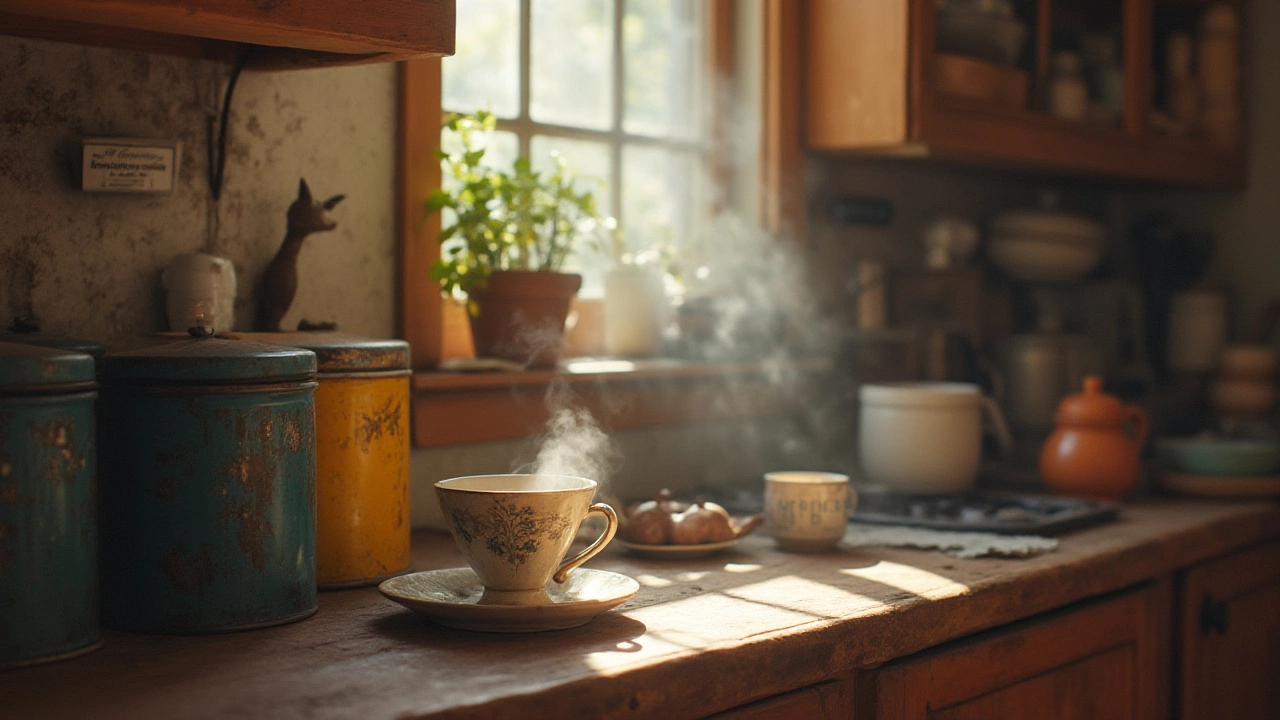Expired Tea: Spot It, Store It, and Stay Safe
Ever opened a tin of tea and gotten a weird smell? Chances are the tea has passed its prime. Knowing when tea is expired saves money and protects your taste buds. Below are simple ways to tell if your tea is still good, how to store it right, and what to do with tea that’s gone bad.
How to Tell If Your Tea Is Expired
First, trust your senses. Fresh tea should have a bright, inviting aroma – whether it’s black, green, or herbal. If the scent is flat, musty, or smells like old cardboard, it’s probably past its best.
Next, look at the color. Good tea keeps its natural hue. Darkening or a dull, faded shade signals oxidation, which happens when tea is exposed to air for too long.
Lastly, give it a taste. A sip of expired tea often feels bland, bitter, or even a bit sour. If the flavor is off, don’t force it.
Best Ways to Store Tea and Extend Shelf Life
Tea likes to stay dry, cool, and away from light. Keep it in an airtight container – a metal tin or a glass jar with a tight lid works great. Avoid plastic bags that let air in.
Store your tea in a pantry or cupboard, not next to the stove or dishwasher where heat and steam can speed up spoilage. If you buy bulk tea, split it into smaller portions so you open fresh packs more often.
Some teas, especially green and white varieties, benefit from refrigeration if you live in a hot, humid climate. Just make sure the container is sealed so the tea doesn’t pick up fridge odors.
When you buy new tea, jot down the purchase date on the label. Most loose leaf tea stays fresh for about 12-24 months, while bagged tea can last 18-24 months if stored properly. Herbs and flavored blends may have a shorter life because the added ingredients break down faster.
Even if your tea is still safe, the flavor may degrade over time. Fresh tea makes a bigger impact in your cup, especially for delicate green teas where subtle notes matter.
On this tag page you’ll also find articles that touch on tea culture, like "What Are Tea Lovers Called?" and "What to Serve at a Tea Tasting". Those pieces give extra ideas for enjoying tea while it’s at its peak.
If you do find expired tea, don’t toss it straight to the trash. Dry tea leaves can be composted or used as a natural deodorizer in closets. Just keep them away from pets.
Bottom line: keep an eye on smell, color, and taste, store tea airtight in a cool spot, and label your jars. With these quick steps you’ll sip only the best, and never waste a good batch of tea again.
Wondering if you can safely drink a decade-old tea? Learn the truth about tea shelf life, storage, risks, and even hidden benefits of aged tea.
View Details

